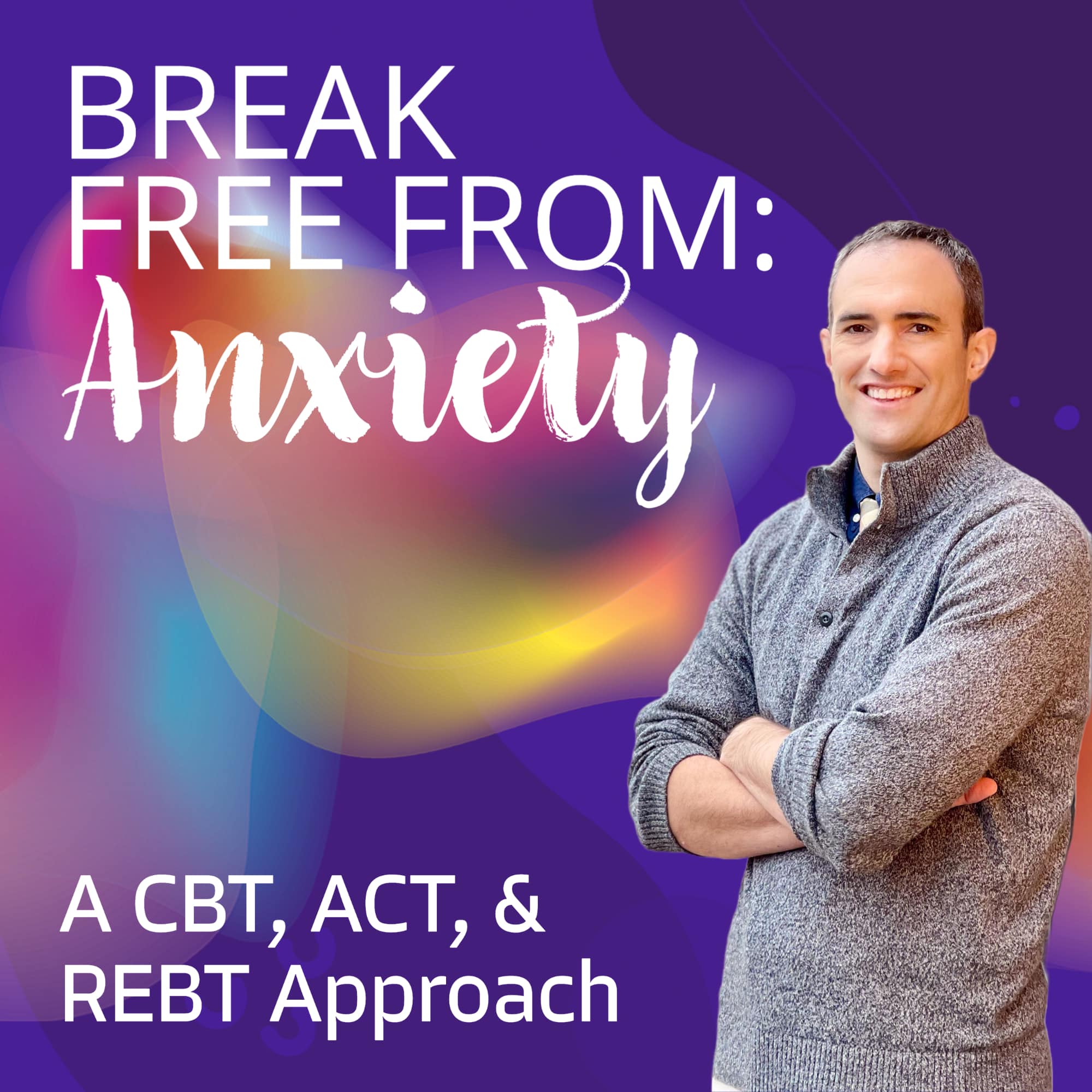Telepsychiatry is a means of providing therapy and/or medication management via a secure online platform with real-time, interactive video and audio (videoconferncing). It can include individual therapy, group therapy, and family therapy, patient education, and medication management. It has also been proven to be quite effective compared to in person care.
What is the history of telepsychiatry?
Telepsychiatry predates the internet as it was first developed and utilized at the Nebraska Psychiatric Institute in 1959. In 1968, telepsychiatry was used to provide mental healthcare services to airport employees and then the local community in Boston (Deslich, 2013). Throughout the 1990s, telepsychiatry grew in Australia in order to overcome geographic obstacles. Throughout the early 2000s the platform converted to online psychiatric care. Telepsychiatry, although it evolved in its delivery, is now over sixty years old and is a well-recognized and established method of providing mental health care and is in use in all areas of the United States and in many other countries worldwide. The American Psychiatric Association (APA) fully endorses videoconferencing as an effective means of psychiatric healthcare delivery, and even provides and continually updates a resource known as the Telepsychiatry Toolkit to further educate providers about the many aspects of telepsychiatry practice (American Psychiatric Association, 2018b). The American Telemedicine Association (ATA) is another organization that has created and regularly updates guidelines for telemental health practice.
How effective is telepsychiatry compared to in person visits?
We have previously discussed the benefits of telepsychiatry in another article. This overview found patients accepting of the use of telepsychiatry as well as showing it is efficacious in the treatment of depression and PTSD. The broader literature supports this as others have found the use of telepsychiatry an effective delivery method for mental health services. In addition, a diverse patient and provider population has reported on their experience with telepsychiatry, and their responses to surveys, interviews, and other assessments suggest that they are comfortable using this technology, appreciate its practical benefits, and are not especially concerned about potentially adverse impacts of telepsychiatry on the therapeutic alliance. Being aware of telepsychiatry’s efficacy via a literature overview such as this serves as a relatively brief education on a medical topic that may not be adequately covered in clinician education or clinical experience yet may be important to understand in order to better treat future patients.
What are the requirements to meet the definition of telepsychiatry?
The Centers for Medicaid and Medicare services (CMS) recognize telepsychiatry by reimbursing for its services – if real-time communications, including audio and video, are utilized (CMS Telehealth Services, 2018). Federal law now requires Medicare to reimburse for telepsychiatry services if the patient is in a clinical facility located in a county outside of a metropolitan area. These clinical facilities include offices of physicians or practitioners, hospitals, critical access hospitals, rural health clinics, Federally Qualified Health Centers, renal dialysis centers affiliated with hospitals or critical access hospitals, skilled nursing facilities, and community mental health centers. Patients’ homes are not considered clinical sites and will not be reimbursed by Medicare for telepsychiatry services originating from a patient’s home. Private insurance carriers are able to provide coverage for in-home telepsychiatry services, yet this represents a smaller number of patients utilizing telepsychiatry. While progress is being made, the current Medicare reimbursement system fails to address challenges in providing psychiatric care in urban areas or to homebound patients (Amirsadri, Burns, Pizzuti, & Arfken, 2017).
What are the benefits of telepsychiatry / online psychiatry?
One benefit of online psychiatry, with numerous clinical applications, is its ability to reduce or eliminate the distance between patient and provider, and thus increase access to care.
- Reduced travel time
- Increased privacy
- Reduced cost with lower overhead
What are the applications of telepsychiatry?
Telepsychiatry may be used to conduct almost all prevalent psychiatric disorders including depression, anxiety disorders, eating disorders, substance abuse, psychosis, dementia, and suicide prevention.
Telepsychiatry services provided to the patient’s home have potential to improve access to clinical care, minimize costs, and improve patients’ quality of life.
Telepsychiatry is beginning to be utilized to expand treatment coverage for opioid addiction. Jones et al, reports that 96% of states in the United States cannot adequately provide medication-based treatment for opioid addiction (2015). In West Virginia, where the opioid crisis is at its worse, patient waitlists for treatment programs can exceed 600.
How accurate is telepsychiatry?
To establish telepsychiatry as an effective model of psychiatric treatment, it is necessary to compare its accuracy in recognizing and diagnosing psychiatric disorders, as well as how it directly compares to face-to-face psychiatry in other areas of importance, including clinical outcome. Some of the differences between telepsychiatry and face-to-face psychiatry that have been studied include therapeutic outcomes, treatment compliance, patient-provider alliance, healthcare access, cost-effectiveness, and patient and provider satisfaction.
The results of this overview found that telepsychiatry, in the form of live videoconferencing is overall as efficacious as face-to-face psychiatry in every direct comparison. In short, online psychiatry is equivalent to in-person care in regard to diagnostic accuracy and patient satisfaction.

 Bruce Bassi
Bruce Bassi





